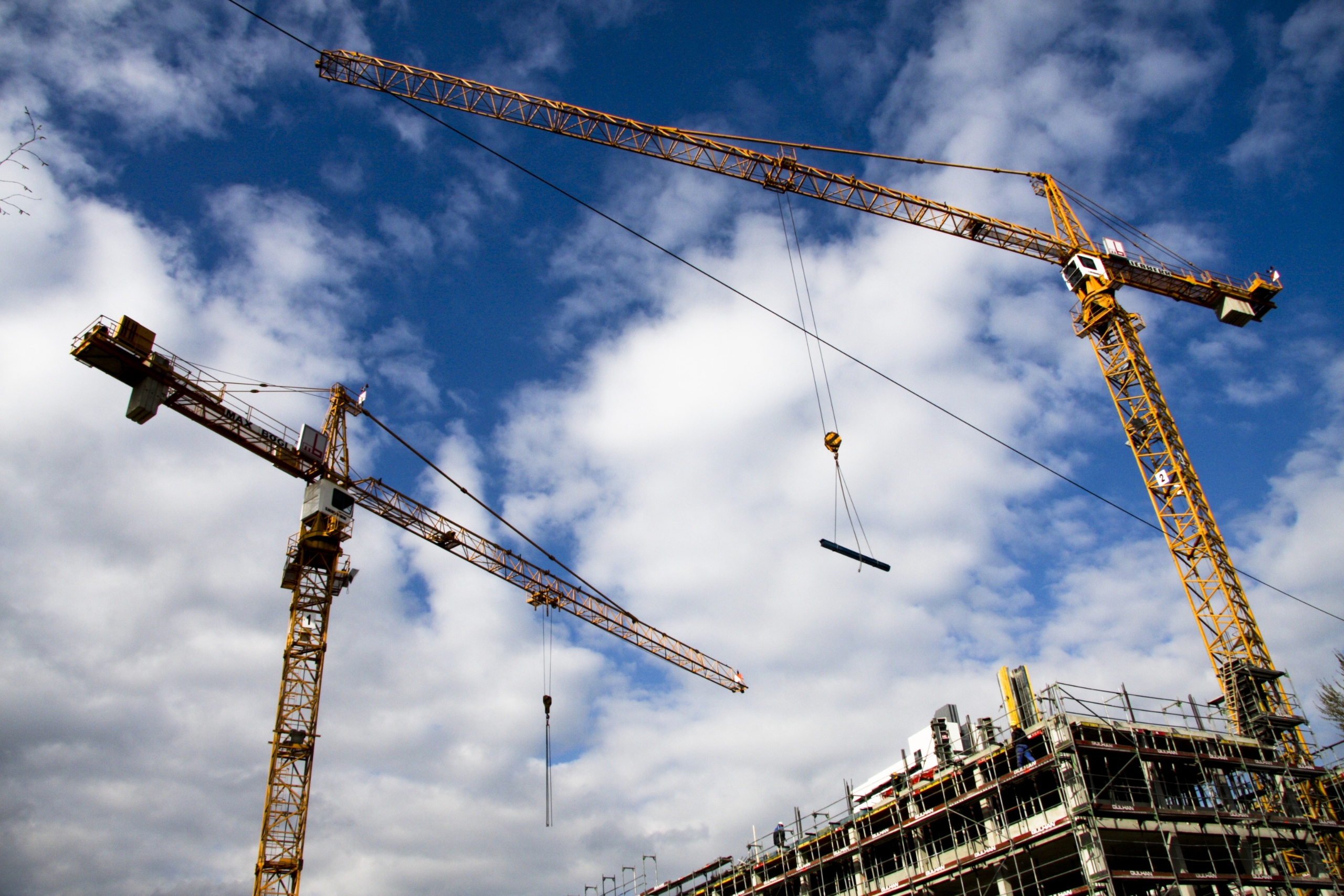Commercial construction is often wrapped in misconceptions, particularly about project timelines. Many believe that construction inevitably takes longer than planned, resulting in frustration and mistrust. However, understanding the complexities involved can shed light on why these timelines exist and how they can be managed effectively.
Several myths persist that influence expectations in the construction world. Ideas around delays, fast-track methods, and the allocation of responsibilities often paint an incomplete picture. By exploring these myths, clients and stakeholders can engage more constructively with the process.
Recognizing the facts behind these myths not only sets realistic expectations but also encourages better collaboration between all parties involved. When clients, contractors, and suppliers work together with clear communication, the journey to project completion becomes smoother, more efficient, and ultimately more fulfilling. Let’s dive into these common myths and gain a clearer picture of what truly affects construction timelines.
Myth: Construction Always Takes Longer Than Planned
The belief that construction projects inevitably run late is widespread. This myth persists because many projects do experience delays. However, assuming that all projects are destined to fall behind ignores the nuances involved. Factors like unforeseen site conditions, weather impacts, or changes in project scope often cause delays.
Common causes of delays include insufficient planning, communication breakdowns, and supply chain disruptions. Proper project management is crucial to mitigate these issues. This involves thorough pre-planning, clear communication channels, and proactive risk management. Scheduling tools, along with regular progress check-ins, help keep everyone aligned and informed.
Effective planning and management strategies, such as the Critical Path Method (CPM) and Gantt charts, are instrumental in maintaining timelines. These tools help identify key tasks and potential bottlenecks early. Adjusting plans as necessary keeps projects on schedule despite unforeseen challenges.
It’s important to understand that not every construction project lasts longer than expected. With the right strategies and thorough preparation, many projects finish on time. Focusing on detailed planning and active management significantly reduces the risk of delays, effectively debunking this enduring myth.
Myth: Fast Track Methods Compromise Quality
Fast-tracking in construction means overlapping project phases to accelerate timelines. Some believe this approach inevitably degrades quality, but this is not true. Fast-tracking is designed to save time without sacrificing high standards. With the right processes in place, quality can be preserved, or even enhanced.
Quality is maintained through careful coordination and clear communication. Fast-tracking requires detailed plans and specialized managers to ensure every task meets exacting standards. Using proven techniques and materials helps uphold quality even under tight schedules.
Examples of best practices for fast-tracking involve integrating technology and adopting lean construction methods. Technology aids in real-time monitoring, allowing project managers to spot issues early. Lean construction techniques minimize waste and improve efficiency, ensuring resources are used effectively without affecting the final quality.
Fast-tracking does not mean cutting corners. Utilizing structured processes, experienced teams, and efficient resource management ensures that projects remain both fast and high-quality. With these practices, fast-tracking can reliably speed up completion times, addressing misconceptions about its impact on construction standards.
Myth: All Delays Are Negative
While construction delays frequently cause frustration, they are not always harmful. There are instances where postponing progress can lead to better outcomes. Delays may allow for more thorough inspections, additional design considerations, or the opportunity to use new, improved materials that were not initially available.
Flexibility is crucial in construction scheduling. Sometimes, pausing allows teams to address unforeseen challenges without hastily implementing half-measures. For example, seasonal weather conditions might necessitate adjusting tasks to safer or more suitable times. This flexibility can prevent poor-quality outcomes and ensure safety without compromising project integrity.
Consider situations where delays facilitate a better end result. Extra time can be advantageous when refining design elements, integrating the latest technology, or aligning all stakeholders on the same vision. These refined outcomes often translate into enhanced project quality or increased functionality, benefiting everyone involved.
It’s a myth that all delays are detrimental. Understanding the reasons behind a delay helps capitalize on opportunities to enhance the construction process. Emphasizing flexibility and strategic adjustments enables projects to emerge stronger and more aligned with the original vision.
Myth: Timelines Are Solely the Contractor’s Responsibility
Timelines in construction are a collective responsibility, not just the contractor’s burden. Multiple parties, including clients, subcontractors, and suppliers, influence the ability to meet deadlines. Clear responsibility-sharing ensures everyone understands their role in maintaining the schedule.
Collaboration is key in meeting timelines. Communication between all parties is crucial, as decisions by one can impact progress elsewhere. For instance, delays in client approvals or supply deliveries can disrupt the entire timeline. Coordination meetings foster a shared understanding and keep the project on track.
Clients can be proactive by prioritizing prompt decision-making and open communication with contractors. Regular updates and queries can iron out potential issues early. Ensuring that all stakeholders have the necessary information avoids misunderstandings or avoidable setbacks.
Everyone involved in a construction project has a part to play in meeting the schedule. Cooperative efforts between clients, subcontractors, and suppliers ensure adherence to the timeline. Clear communication and a spirit of teamwork set the foundation for success, debunking the myth that timelines fall solely on the contractor.
Knowledge is power against myths that surround construction timelines. Understanding the truth about these misconceptions empowers all parties involved to navigate projects more effectively. The construction process is not a monolithic system; it involves intricate planning, teamwork, and flexibility.
Recognizing the potential benefits of certain delays and the role every stakeholder plays highlights the complexity of managing timelines. This awareness fosters a culture of collaboration, ensuring projects meet both time and quality expectations. By focusing on open communication and preemptive planning, the entire construction ecosystem benefits.
For any construction project, having an experienced partner with a deep understanding of timelines is invaluable. As needs evolve and challenges emerge, expert guidance ensures that expectations align with reality. Embracing a comprehensive approach to schedule management can differentiate successful projects from troubled ones, leading to stronger outcomes.
Partner with PC Construction to harness this strategic advantage. With our expertise in construction management in Omaha, we help keep your project on schedule and meet your goals. Contact us today to transform your project vision into reality while confidently navigating common construction myths.




